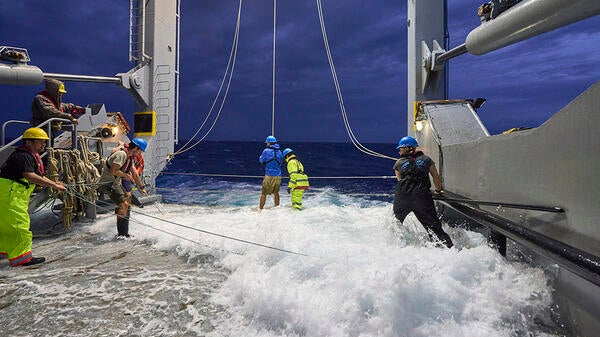Warmer, saltier, more acidic oceans threaten human, environmental health
Plankton in Our Midst: The Unseen Citizens of the Sea and Our Breathing Planet
November 21, 2024
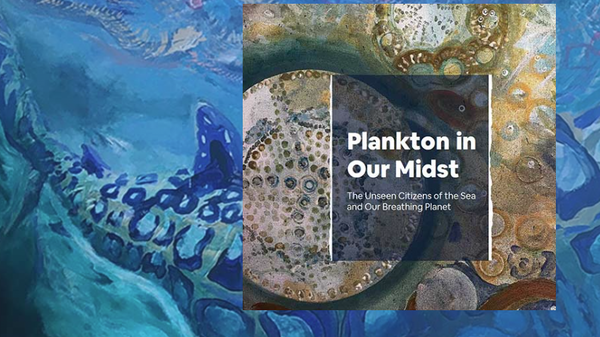
The exhibit explores the exquisite beauty of plankton and its crucial role not only in ocean ecosystems, but in how ocean health is critical to our survival and elemental to all life on our planet.
Hydrostation ‘S’ Turns 70
June 11, 2024
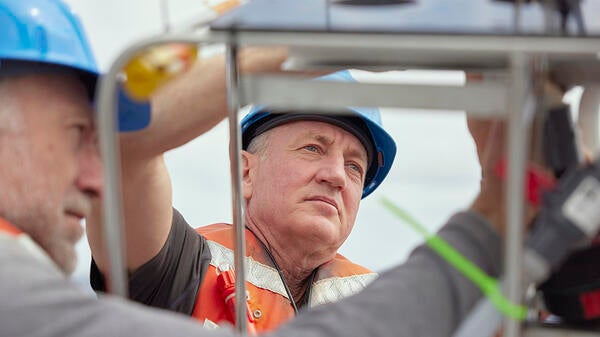
Located southeast of Bermuda, Hydrostation ‘S’—a set of unmarked geographic coordinates (32 degrees 10 minutes North, 64 degrees 30 minutes West)—has yielded measurements of temperature, dissolved oxygen, salinity and other parameters every two weeks for seven decades.
Ground Truthing for NASA – ASU BIOS Selected to Validate Satellite Measurements of Plankton and Ocean Illuminance
February 29, 2024
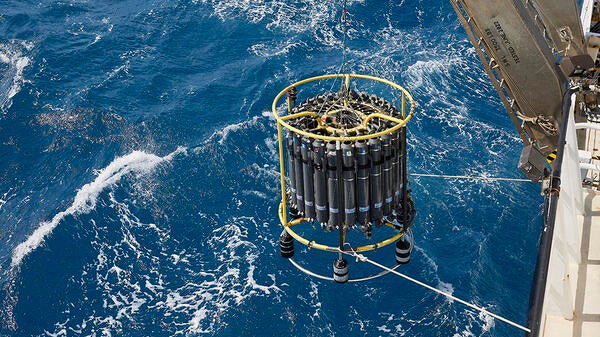
Typically associated with the study of Earth’s upper atmosphere and beyond, satellites deployed by the National Aeronautics and Space Administration (NASA) also augment our understanding of Earth’s ecosystems, including critical information about the ocean such as locations of algal blooms and levels of marine photosynthesis.
Atlantic Ocean near Bermuda is warmer and more acidic than ever, 40 years of observation show
December 15, 2023
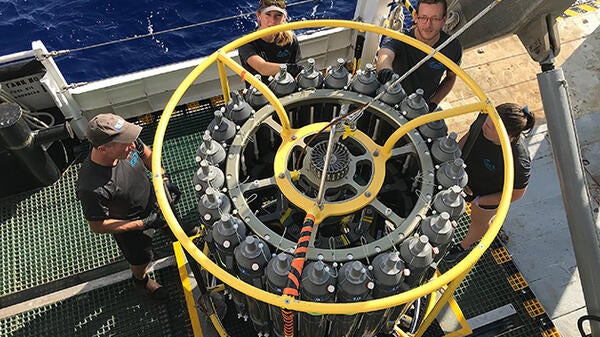
Oceans are constantly changing. These changes don’t only affect marine life but also have wide-reaching consequences for land dwellers. To document them, monitoring stations in the North Atlantic Ocean have been active for decades. Now, researchers have reported on the latest changes, showing that compared to 40 years ago, the ocean near the island of Bermuda is warmer, saltier, more acidic, and has lost oxygen. Long-term monitoring can provide information about existential challenges societies will face in the near future, the researchers said.
ASU offers degrees to shape thriving ocean futures
May 28, 2024
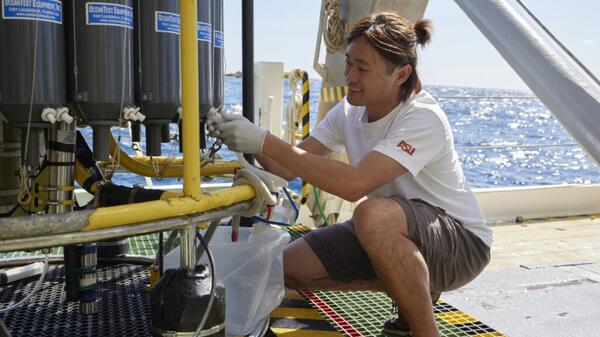
Arizona State University launched four new ocean-focused degree programs within the College of Global Futures — a Bachelor of Science in ocean futures, a Bachelor of Science in ocean futures with a concentration in coastal and marine sciences, an online Master of Science in coastal and marine science and management, and a PhD in ocean futures.
URI-led consortium selected to operate new research ship to replace R/V Endeavor
July 13, 2018
$100 million vessel to be delivered to GSO in 2021
Richard Smith “Chief” In Memoriam
June 07, 2019
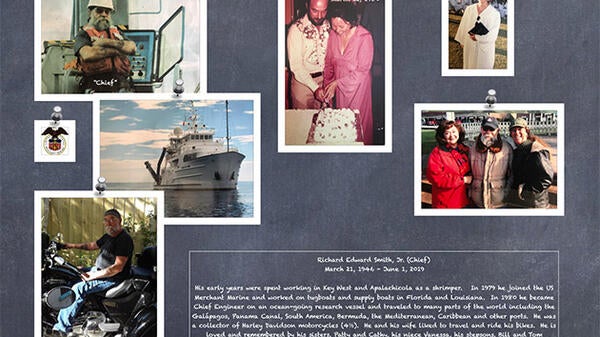
Richard Smith, In Memoriam – remembering ‘Chief’
Robust Year Ahead for BIOS-Operated Research Vessel
January 31, 2021
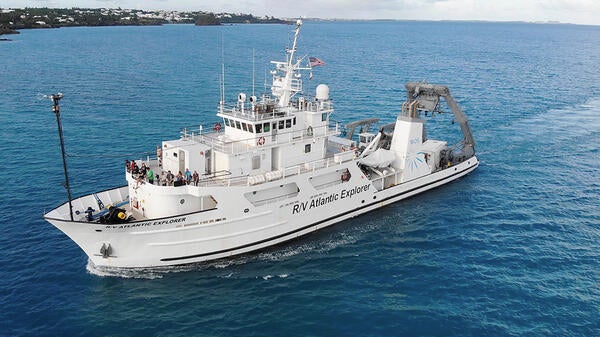
BIOS marine superintendent and ship captain Quentin Lewis is calling the months ahead for the Institute’s research vessel the Atlantic Explorer “very healthy in terms of operating days.” At the start of 2021, BIOS has 195 days at sea funded for science programs, he said.
Research Week Opens the World of Oceanography for C-CoMP Students
June 20, 2023
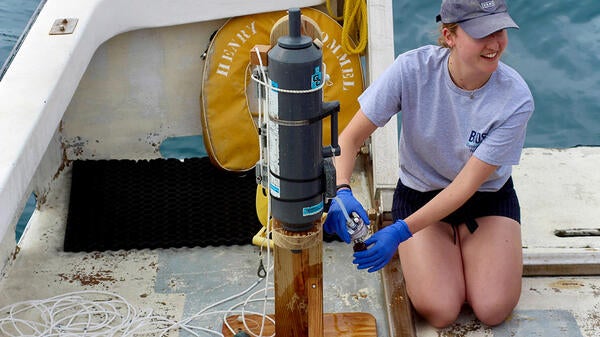
Wedged between two windy weeks in April, calm weather descended upon Bermuda just as 11 graduate and PhD-bound students arrived at BIOS, primed to head out to sea for a taste of hands-on oceanography under the guidance of Institute scientists, technicians and support personnel.
